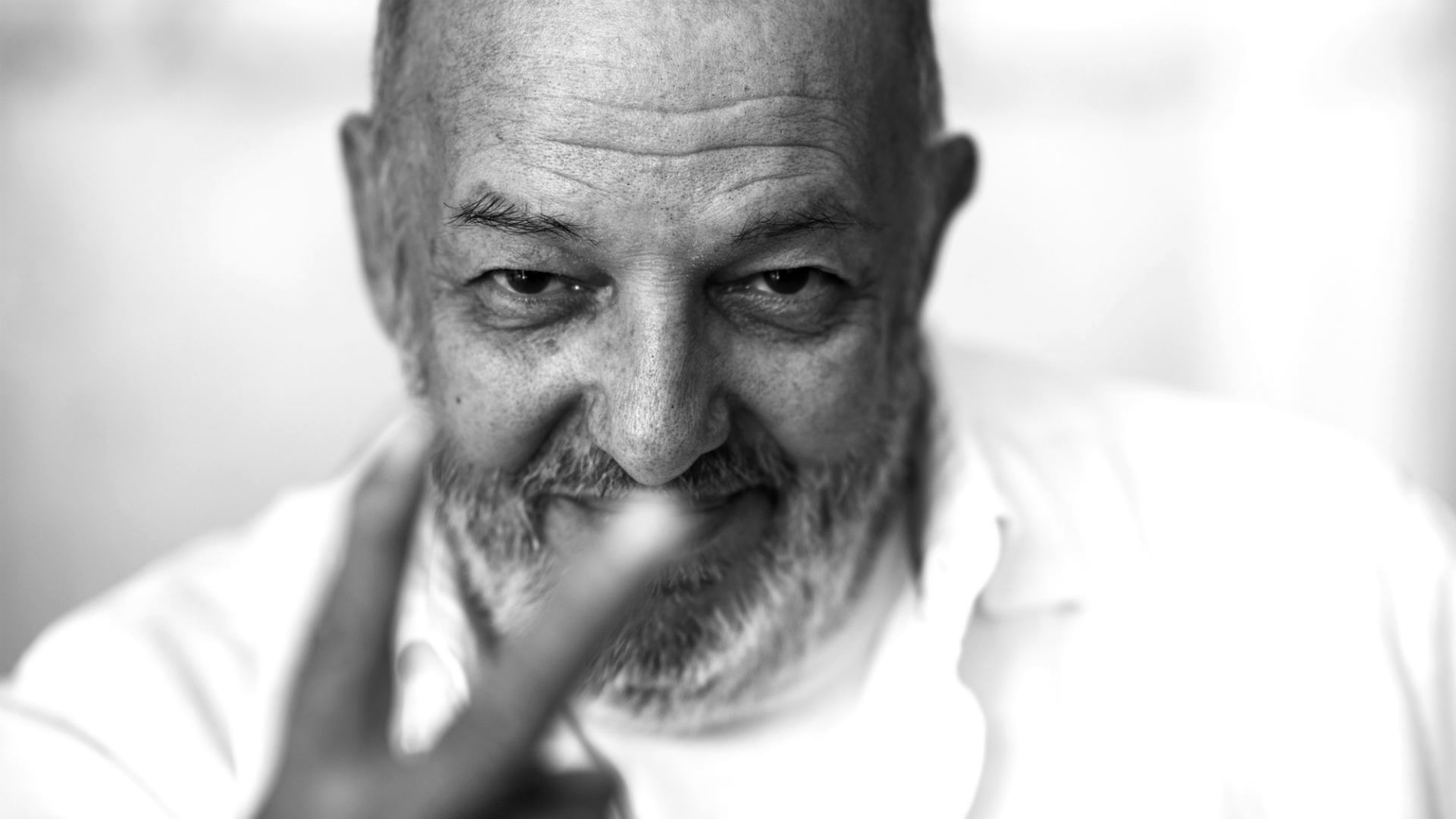MOHAMED KHAN
(26 October 1942 - 26 July 2016)
The Egyptian-British film director began to make his name after he returned to Egypt, having studied at the London School of Film Technique in the early 1960s. A film fan from childhood, Mohamed worked for the General Egyptian Film Organisation from 1963, editing screenplays and before becoming an assistant director in Lebanon. Moving back to London he was involved in journalism and publishing, writing reviews for the London film society magazine Montage. In 1971 he published his own book, An Introduction to Egyptian Cinema, and edited another, Outline of Czechoslovakian Cinema by Langdon Dewey. When I knew Mohamed in the 1970s he was hoping to publish his own film magazine called The Film Page, which would have been one large single sheet folded up to be pocket-sized. Sadly it never happened, although Films Illustrated adopted a similar idea.
Eventually returning to Egypt in the 1980s he established himself as a director of serious ambition in that his films always had a social message and often featured women in strong positions. He made many short films from 1963 to 1981 and then embarked on some two dozen highly thought-of features from 1977. Sunstroke was his first, to be followed by among others Streetplayer (1984), on the life of a football star, The Wife of an Important Man (1987), about a martinet of a policeman and his spouse, and Dreams of Hind and Camilla (1989), all three of which were considered among the 100 best Arab films of all time. Other films include Supermarket (1990), Knight of the City (1991), Mr Karate (1993), A Very Hot Day (1994) and Days of Sadat (2001), a biography of the Egyptian President.
All his films were popular in Egypt, although they seldom travelled far except to film festivals around the world where they often reaped awards. In the UK, his home from home, however, he seems to have been overlooked. More recent films were Factory Girl (2013), about a rebellious textile worker, Downtown Girls (2005) and In the Heliopolis Flat (2007), all three with screenplays by his wife Wessam Soliman who was often his writing partner. They had two children, daughter Nadine, also a film director, and son Hassan, an artist. Oddly enough Mohamed Khan was granted Egyptian nationality only as late as 2014, because his mother, an Egyptian, had married a Pakistani man, Mohamed’s father. Mohamed’s last film Before the Summer Crowds, a satirical look at the foibles of friends on holiday, was released in 2016.
MICHAEL DARVELL

